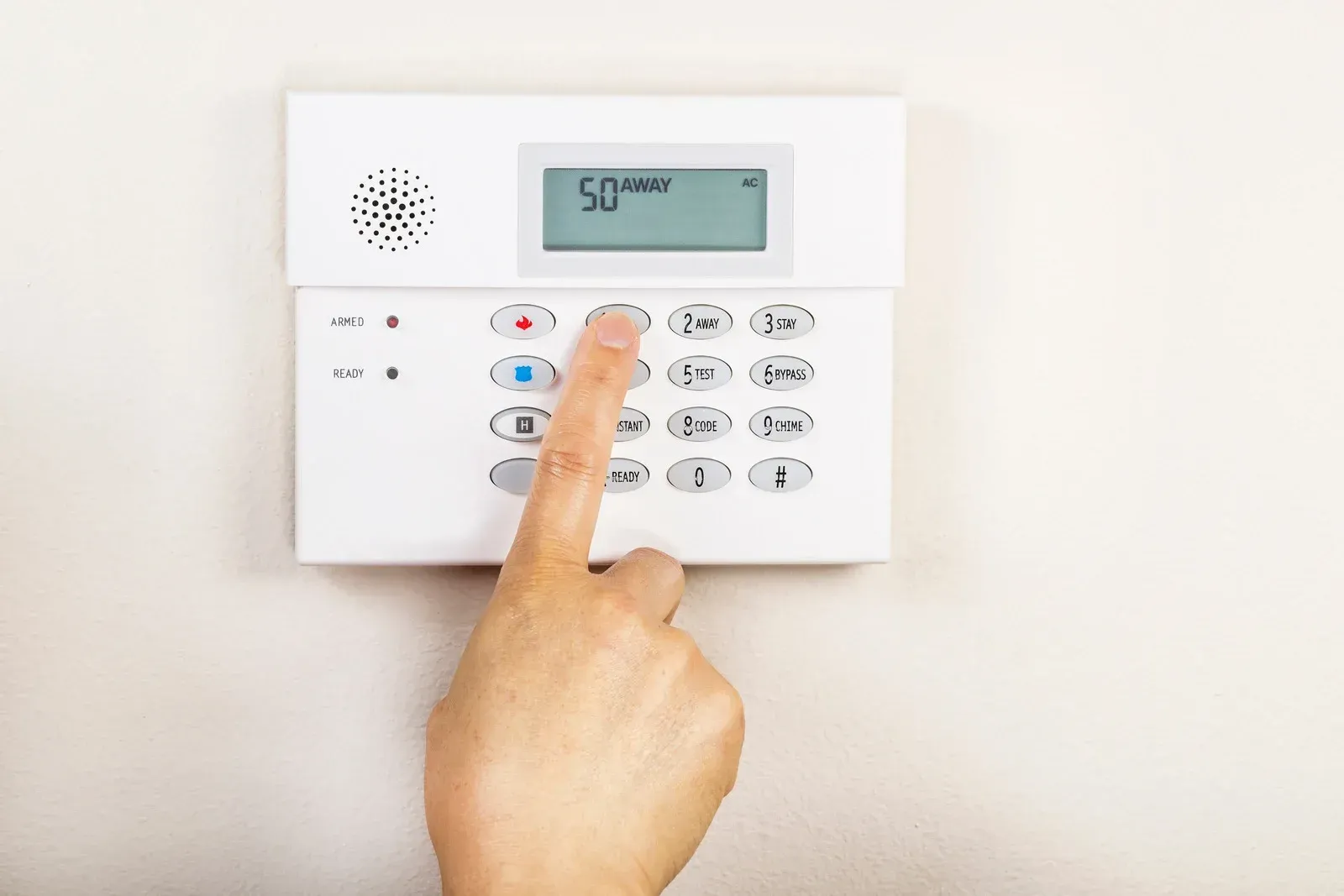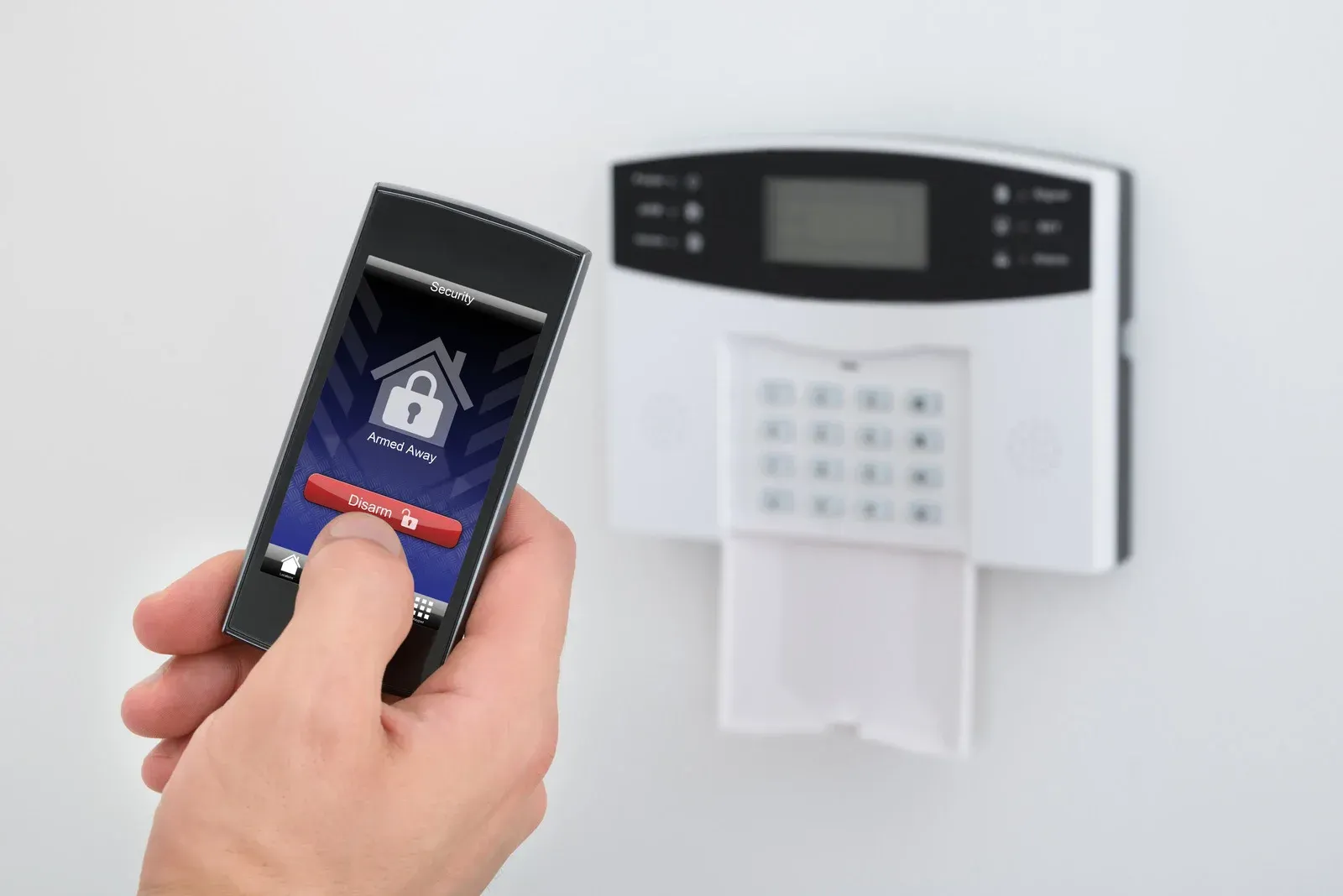The Legalities of CCTV Installation in the UK: What Lancashire Residents Should Know
Installing CCTV cameras is a practical step to enhance security for homes and businesses. However, in the UK, there are strict laws governing their use to balance privacy rights with security needs. If you’re a Lancashire resident planning to install CCTV, understanding these legalities is crucial to ensure compliance and avoid potential disputes.
Here’s a detailed guide to help you navigate the legal landscape of CCTV installation in the UK.
1. Do You Need Permission to Install CCTV?
In general, you do not need specific permission to install CCTV on your property in the UK. However, there are conditions:
- Domestic Properties: You are free to install cameras for personal use, such as monitoring your home or garden.
- Businesses or Public Areas: If your cameras monitor areas beyond your premises, such as public spaces or neighboring properties, additional legal obligations apply under the UK Data Protection Act (DPA) and the General Data Protection Regulation (GDPR).
2. Informing People About CCTV Use
If your CCTV system captures images outside the boundaries of your property (e.g., streets or shared spaces), you must inform people that they are being recorded. This is typically done by:
- Placing clear and visible signage near the cameras.
- Including details of who is responsible for the system and how they can be contacted.
For domestic use, if the cameras only monitor your private property, signage is not legally required but can be a good practice to avoid complaints.
3. Respecting Privacy Rights
Privacy is a central consideration when installing CCTV. Under UK law:
- Limit the Area Covered: Your CCTV should not infringe on your neighbors' privacy. Adjust the camera’s angle to avoid capturing footage from neighboring gardens, windows, or shared driveways.
- Audio Recording: Capturing audio is generally discouraged and subject to stricter laws. It’s advisable to disable audio unless absolutely necessary.
If you’re a business owner, you must ensure your cameras do not disproportionately invade personal privacy, especially in sensitive areas like restrooms or break rooms.
4. Registering with the ICO (Information Commissioner’s Office)
If you use CCTV for purposes other than personal use (e.g., running a business), you may need to register with the ICO as a data controller. This applies if your system records and stores footage of identifiable individuals.
Failing to register could result in fines, so it’s essential to confirm whether this applies to your situation.
5. Handling and Storing CCTV Footage
The way you manage CCTV recordings is governed by data protection laws. Here are the key considerations:
- Retention Period: Only keep recordings for as long as necessary. A common practice is to store footage for 30 days unless there’s a specific reason to retain it longer (e.g., ongoing investigations).
- Access Control: Limit who can view the recordings to authorized individuals only.
- Sharing Footage: You can share footage with law enforcement if requested, but avoid sharing it publicly unless legally required.
For domestic CCTV users, ensure recordings are stored securely and not misused. Misuse of footage, such as uploading it to social media to embarrass or shame someone, can result in legal consequences.
6. Informing Neighbors and Addressing Complaints
It’s a good idea to discuss your CCTV installation with neighbors, especially if the cameras might inadvertently capture parts of their property. Open communication can help prevent misunderstandings and complaints.
If a neighbor raises concerns about privacy, you should:
- Adjust your camera angles to respect their privacy.
- Reassure them about how the footage is stored and used.
Ignoring privacy complaints could lead to legal disputes, so addressing concerns early is important.
7. Business-Specific Requirements
For businesses in Lancashire, additional legal obligations include:
- Conducting a Data Protection Impact Assessment (DPIA): This is a formal process to evaluate how your CCTV system affects privacy and ensure it complies with GDPR.
- Providing Access to Footage: Individuals recorded by your cameras have the right to request access to their footage, known as a Subject Access Request (SAR). You must provide this footage within one month of the request.
8. Ensuring Your System is Secure
Data breaches related to CCTV systems can lead to fines or legal action. To protect your system:
- Use strong passwords for your CCTV system and connected devices.
- Regularly update software and firmware.
- Limit remote access to authorized personnel.
9. Consequences of Non-Compliance
Failing to comply with CCTV laws can result in fines, legal disputes, or the requirement to remove your system. For businesses, breaches of GDPR could lead to significant penalties and damage to your reputation.
10. Get Expert Help with LAS Security Ltd
Navigating the legalities of CCTV installation can be daunting, but LAS Security ltd. is here to help. As Lancashire’s trusted security experts, we:
- Ensure your system complies with UK laws and regulations.
- Provide tailored advice on camera placement, privacy considerations, and data management.
- Offer maintenance and support to keep your system secure and effective.
Conclusion
Installing CCTV in Lancashire is a great way to improve security, but it comes with responsibilities. By following UK regulations, respecting privacy, and managing your system responsibly, you can enjoy the
benefits of surveillance without legal risks.
Contact LAS Security ltd.
today for a free consultation, and let us help you install a CCTV system that’s both effective and compliant with the law.


Contact Us
Contact Us
We will get back to you as soon as possible.
Please try again later.

